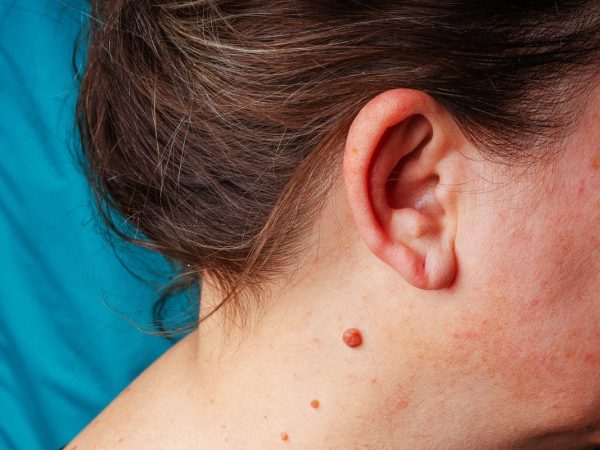SRT-100 VISION™ FOR BASAL AND SQUAMOUS CELL CARCINOMA
Treat Non-Melanoma Skin Cancer in Charleston, SC
SRT-100 Vision™ Non-Surgical Skin Cancer Treatment Details
A skin cancer diagnosis can be difficult to hear, but the problem is not necessarily difficult to treat. Modern technologies have made the safe and effective destruction of non-melanoma cancer cells more readily available—and comfortable. For patients dealing with basal cell carcinoma or squamous cell carcinoma, Charleston’s Germain Dermatology offers image-guided superficial radiotherapy with the Sensus Healthcare SRT-100 Vision™.
The Sensus Healthcare SRT-100 Vision™ is an FDA-cleared device that uses gentle x-rays to kill cancer cells in the superficial layers of the skin. In addition to treating basal and squamous cell carcinoma, it also works on non-malignant cells that cause raised scars known as keloids.
“SRT” stands for “superficial radiotherapy,” indicating that the energy delivered by the device is not the same as traditional cancer treatments. The SRT-100 Vision™ device limits its energy delivery to the surface of the skin, in addition to the imaging component with daily ultrasound ensuring appropriate clinical response and progress. That means it impacts only a shallow layer of tissue, as opposed to organs and systems found deeper in the body.


Because of its intended lack of depth, SRT-100 Vision™ is for treating skin cancers that do not typically extend beyond the surface. Since melanoma is known to spread rapidly, superficial radiotherapy is appropriate for basal cell carcinoma and squamous cell carcinoma.
While the sessions are painless, patients having their basal or squamous cell carcinoma treated will notice that the target area will become pink after several treatments. A crust or scaly patch may develop. In areas where hair is present, patients can expect some localized hair loss, though the follicles will grow new hairs after the course of radiation sessions is over.

